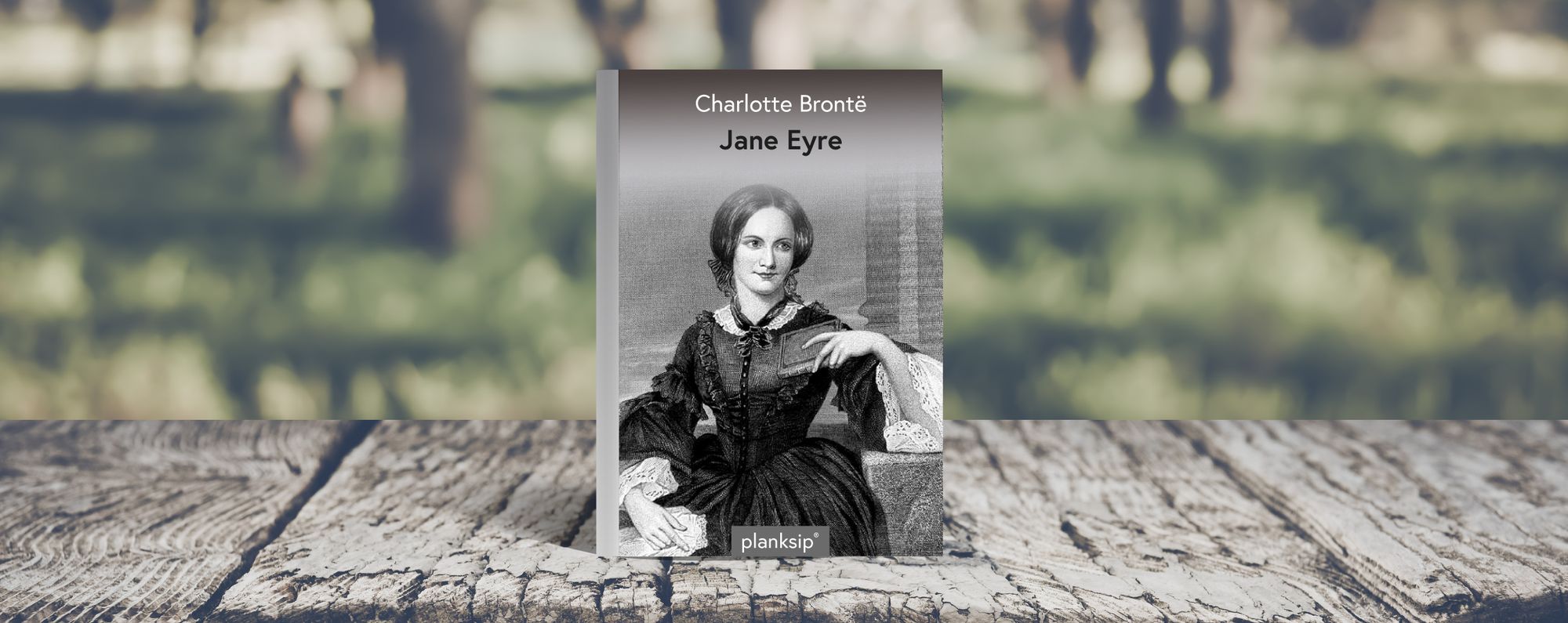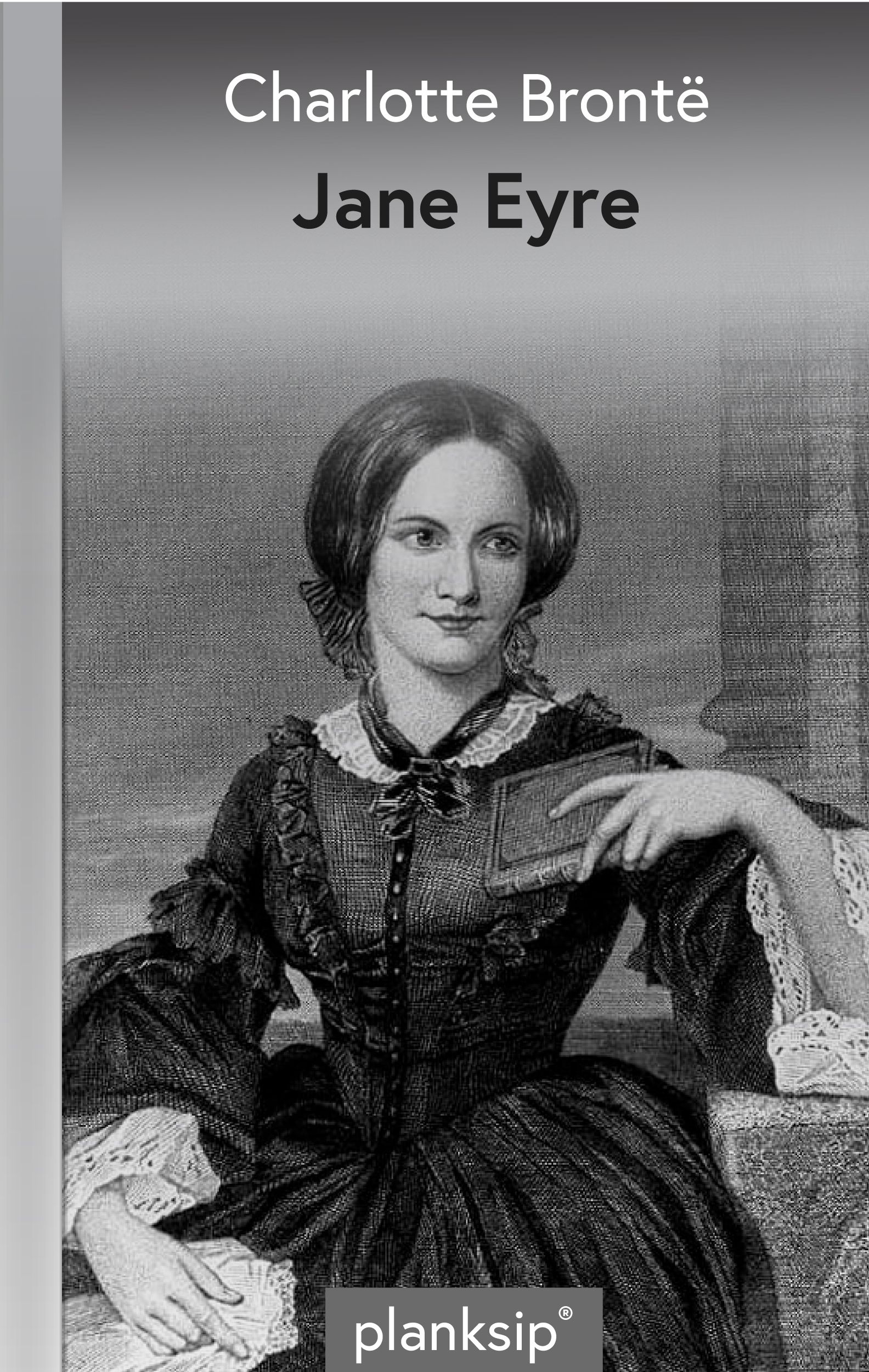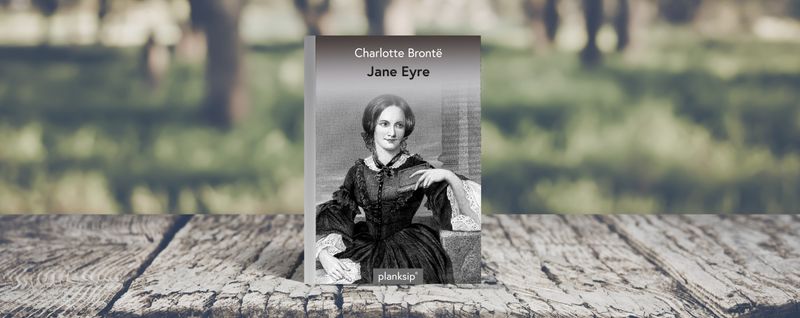A Critic's Meta Review: 4/5

The Bronte sisters. Who could forget them? Of course, there was Charlotte, whom I will wax poetic about shortly (although perhaps not as poetic as you may be expecting - more on that later), as well as Emily, and finally Anne, the youngest. All three went on to achieve great literary success under their respective masculine pen names - Charlotte (as Currer Bell) with Jane Eyre, Emily (as Ellis Bell) with Wuthering Heights, and Anne (as Acton Bell) with The Tenant of Wildfell Hall. Regrettably, none of them were daring enough to opt for “Taco” or “Liberty”, but this is an oversight that they have all more than made up for through their immense contributions to the vast, ever-expanding worlds of both literature and feminist thought.
Now, I have just made mention of Emily and Anne. Both of them were successful and influential in their own right - there is no questioning this. However, it is very likely the case that nobody would have ever been saying the name Bronte in the year 2020 if it hadn’t been for big sis Charlotte and her magnum opus, Jane Eyre. Indeed, it is perhaps one of the most important works of not just feminist literature, but literature point blank, period, the end, that has ever been produced by a mortal human.
At least that is what my English teacher told me when I had to read it during my junior year of high school. Personally, and perhaps this is blasphemy, or maybe it is just because, being a boy, I was unable to relate to the struggles of the titular Jane as much as my lovely English teacher was (bless her heart, she really was the sweetest) - whatever the case may be, I honestly could not stand this book. I used to dread having to read it every day. To me, it was essentially just hundreds of pages of “This girl is very sad. Hey, look - now she is sad over here. Wait a minute...okay, okay, it looks like she might be cheering u- nope. Sad again.” I get your point, Charlotte! And, in all fairness, it was a legitimate point. Life was far from easy for women during the Bronte Age, nor is it much easier for them now. But, I don’t know. I guess I just tend to gravitate towards writers with a more positive outlook on things. Less “woe is me” and more “woah, it’s me!”
(please forgive me, again)


